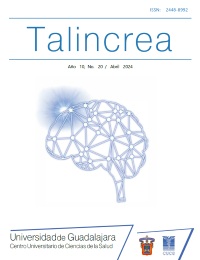CURRICULAR FLEXIBILITY AND CREATIVITY: THE ROLE OF PERSONALIZED LEARNING IN CONTEMPORARY EDUCATION
DOI:
https://doi.org/10.32870/talincrea.v11i2.199Keywords:
Curricular differentiation; Educational innovation; Individualized learning; Cognitive DevelopmentAbstract
Educational personalization has been recognized as an essential element in promoting creativity and academic potential, particularly among Gifted students. This article, through a narrative literature review, investigates the historical trajectory of Brazilian education, analyzing how curricular inflexibility and standardized teaching have impacted the support provided to these students. Additionally, international experiences in personalized education are discussed, including models from Finland, the United States, Singapore, and China, highlighting innovative practices that integrate curricular flexibility, educational technology, and active methodologies. In Brazil, the National Common Curricular Base emerges as an opportunity to expand personalized education, although structural and pedagogical challenges still restrict its practical implementation. This research emphasizes the need for a more dynamic education system, integrating technology and addressing students' individual needs, allowing the educational framework to move beyond the paradigm of criticism and toward the development of concrete solutions for 21st-century education.





